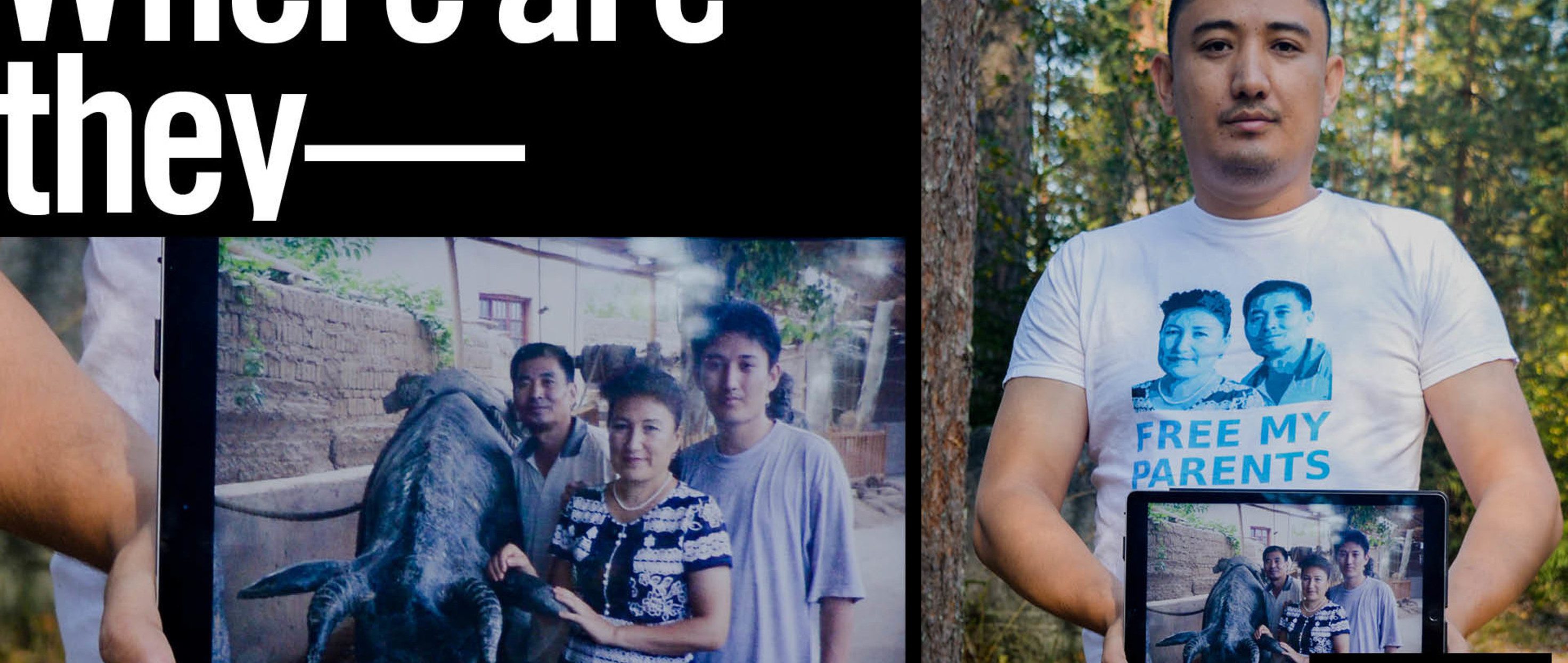Patrick Poon
China Researcher
It was always Nur’s dream to study in Japan. But when he said goodbye to his parents in China’s Xinjiang Uighur Autonomous Region (XUAR) to become a student in Tokyo, he had no way of knowing that his dream would turn into a nightmare.
Two years later, in April 2017, Nur (whose real named cannot be revealed for safety reasons) received an anxious phone call from his mother, telling him police in the XUAR had ordered him to return home.
Soon afterwards he received another call from his father, and this time the message was even more chilling: “Don’t come back and don’t send them any documents. Don’t contact us again.”
Nur was confused and frightened, but he was not alone. He is one of many Uighurs – a predominantly Muslim ethnic minority group based largely in the XUAR, in northwestern China – who have moved overseas only for the far-reaching tentacles of Chinese government repression to catch up with them.
There is mounting evidence that, since early 2017, the Chinese authorities have detained up to a million Uighurs, Kazakhs and other ethnic minorities in mass internment camps – dubbed “re-education” or “vocational training” centres by Beijing authorities– where they have faced torture and other unlawful treatment.
For Uighurs living abroad, in Japan and elsewhere, returning home is a double-edged sword. On the one hand, they get to see their loved ones. But on the other, they are placing themselves at risk of arbitrary detention.
For Nur, that risk was implicit in his father’s message. It has left him with an impossible choice: go home and risk being sent to a camp; or stay in Japan and never see his family again.
Before he received that phone call from his mother, police in the XUAR had been contacting her for months, asking for official documentation proving that Nur was studying in Japan. The Chinese embassy in Tokyo advised Nur to obtain these documents and send them home. Now he is too scared to make any contact with the police.
Other Uighurs in Japan we spoke to are in similar situations: worried about the fate of their families, but too frightened to return home to see them. Many said police in their hometowns had asked their parents about their children’s situations abroad. Some even asked for their residential addresses and contact numbers.
An added fear about returning home for overseas Uighurs is that, even if they avoid detention in the XUAR, they may be prevented from leaving China again due to passport issues.
Nur said he had to pay 40,000 RMB (approximately US$5,800) to the police in his hometown in the XUAR in order to apply for a passport before he left in 2015, but he does not know what will happen when it expires.
Another Uighur living in Japan told us: “I’m worried what would happen if I enter the Chinese embassy. I’m worried that they will just confiscate my passport.”
The Uighurs we spoke to said this had already happened to some people when they tried to renew their Chinese passports, rendering them unable to leave Japan. The arbitrary refusal to return or renew a passport is a violation of the right to freedom of movement.
For the more than 2,000 Uighurs living in Japan, their visas allow them to stay in the country indefinitely, even without their Chinese passports. But they face the real possibility of never seeing their families again – a predicament made more excruciating by the constant fear that their relatives may be taken to camps.
One Uighur woman told us that her three relatives who had previously visited her in Japan were now detained in “re-education” camps in Tacheng Prefecture in the northwestern part of the XUAR. She had considered returning to the XUAR to find them, but was worried she would be detained too.
After her Chinese passport expired, officials at the Chinese embassy in Japan said it could only be renewed if she returned to the XUAR. For many this feels like a trap – the Chinese government’s method of forcing Uighurs to return to Xinjiang for “re-education”.
“Who knows what would happen to her if she returns to China?” the woman’s husband said. “We miss our family there, but it will put us at risk if we go back. We don’t know what we can do.”
When asked if they thought they would ever be able to meet their families in the XUAR again, none of the Uighurs we spoke to were optimistic.
“We have visas to live in Japan but we are worried about whether we can renew our passport when it expires, and we are afraid what would happen to us if we go back to China. We simply have no choice,” one said.
Since receiving that terrifying call from his father, Nur has had minimal contact with his parents. Their communication has been restricted to short WeChat messages to confirm that they are safe and not being held in camps. For now, that feels like the best he can hope for.
The original article was published in Huffington Post Japan.


